|
By the end of this coming week, Canadian kids will flood out of their schools to enjoy the beauty of our too-short summer. If you're like me, that last day of school was the best day of the year.
Not all children are as lucky as Canadian kids. The past week brought some terrible images and stories of young people in distress.
The Conversation global network was quick to bring together some thoughtful analyses about the impact of children who are separated from their families. But we also told some happier stories, like the abundance of math talent among Indigenous children.
For your weekend reading, stories about children.
Have a great weekend and we'll be back in your Inbox on Monday.
|
Remember the Children
|
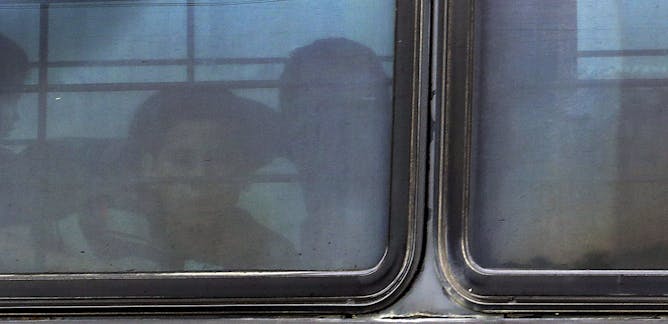
Jacek Debiec, University of Michigan
The traumatic separations of children and parents initiated at the border can cause permanent changes in the structure of the infants' and children's brains and the activity of their genes.
| |
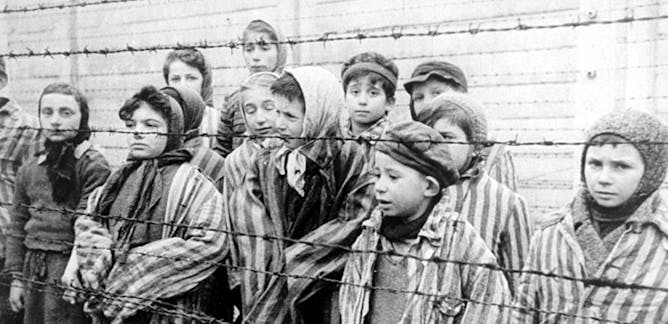
Wilson T. Bell, Thompson Rivers University
The more notorious concentration camps of the 20th century must serve as a stark reminder of the depravity of tearing children away from their parents and putting them in camps.
|
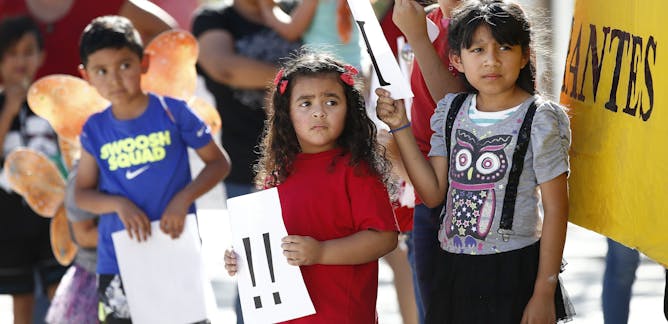
Henry Giroux, McMaster University
Donald Trump's policy to separate children from their migrant parents lays bare his fascism. The time has come for Americans to resist this act of domestic terrorism.
| |
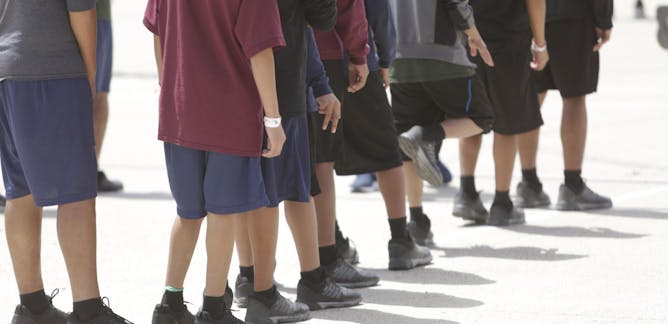
Sarah Bilston, Trinity College
There are strong parallels between the Trump administration’s policy on immigrant families and the 19th century's 'New' Poor Laws of England, whose cruelty was illuminated by writer Charles Dickens.
|
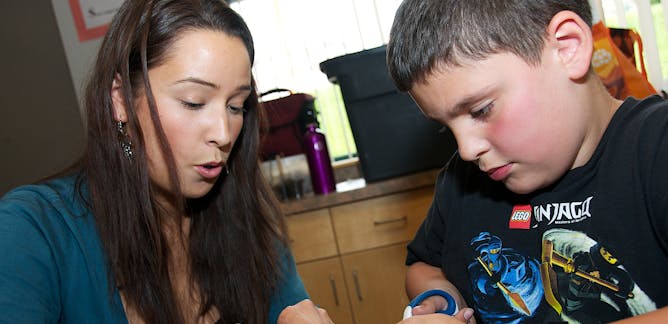
Veselin Jungic, Simon Fraser University
The Math Catcher Program aims to encourage youth - with an emphasis on Indigenous students - to consider mathematics as a field of study but also to have them appreciate mathematics in everyday life.
| |
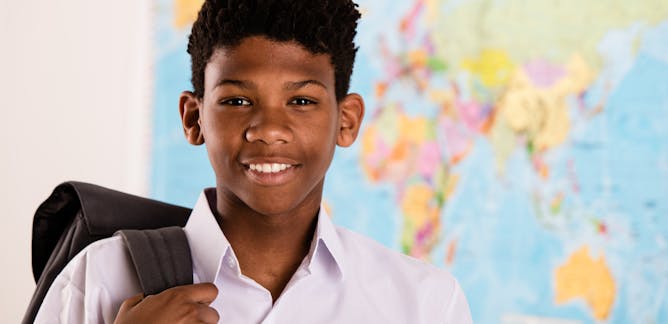
Shawna Shapiro, Middlebury College
The steep decline in refugee children in US schools will lessen the nation's ability to produce students who possess the skills of global citizenship, a researcher argues.
|
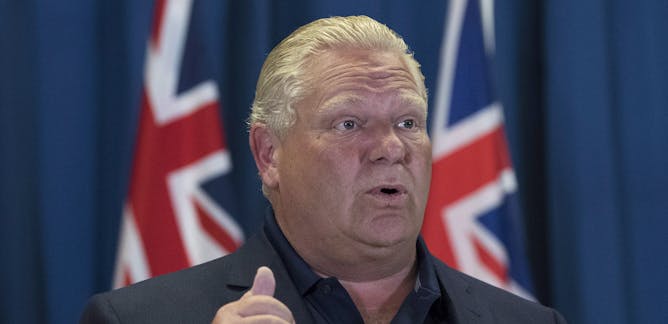
Abigail Curlew, Carleton University
With Doug Ford Nation taking over Ontario, our school curriculum, especially sexual education, is at risk of being censored and being thrown back to a time when diverse sexualities was a mystery.
| |
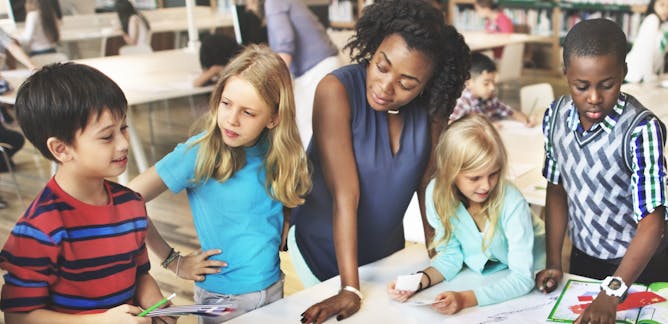
David Scott, University of Calgary
Research shows that 'discovery learning' does have limited educational value; many other forms of inquiry-based learning, however, have excellent results.
|
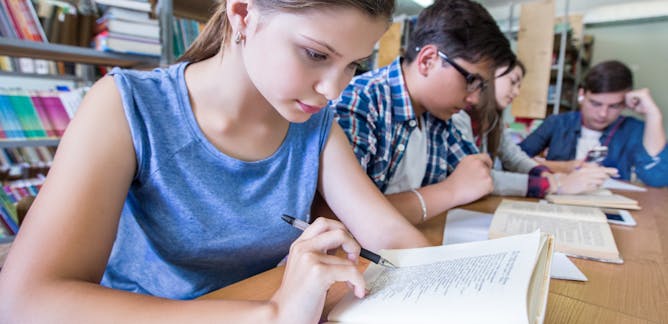
Ecaterina Pacurar, Université de Strasbourg
Aux États-Unis, la question du bonheur s’invite avec succès dans les amphis. L'université de Cergy-Pontoise, elle, crée un laboratoire sur le bien-être dans les organisations, dont l'école.
| |

Chisato Danjo, York St John University
Being bilingual is not just about learning two languages, it's about absorbing meaning, negotiating and being flexible when it comes to language.
|
|
|